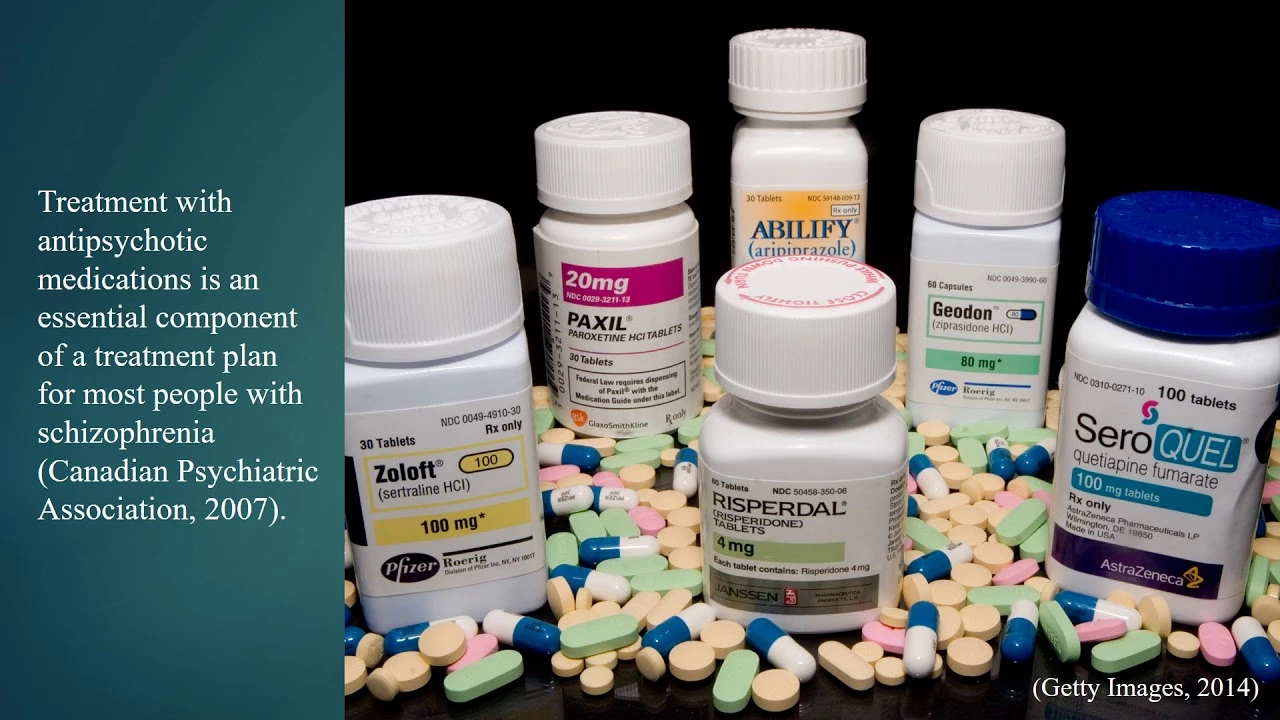Coping with Drug Side Effects: Practical Tips to Feel Better Fast
Half of people stop medicines because of side effects — but most reactions are manageable without quitting. This guide gives clear, usable steps to reduce symptoms, decide when to get help, and have better talks with your prescriber.
Track symptoms and tell the right people
Start a simple symptom diary: note the medicine name, dose, time you took it, and any new problems (nausea, dizzy, sleep, mood). A few lines on your phone each day is enough. When you call your doctor or pharmacist, say exactly when the symptom began and how it affects daily life — that helps them decide if the drug, the dose, or an interaction is the cause.
Pharmacists see side effects every day. Ask them about timing (take with food or without), safe over-the-counter options, and possible drug interactions. If you use herbal supplements, list them too — some combinations raise risks.
Quick fixes and lifestyle moves that actually help
Nausea: try plain crackers or ginger tea, split doses into smaller amounts if allowed, and take the pill with a light snack when the leaflet permits. Diarrhea: stay hydrated and ask a pharmacist about short-term remedies. Constipation: fiber, water, and gentle movement often work better than waiting.
Dizziness or lightheadedness: stand up slowly, avoid driving until you know how the drug affects you, and sleep with your head elevated if morning dizziness is an issue. Insomnia: keep screens off an hour before bed, limit caffeine, and try a consistent sleep schedule. If you need a sleep aid, check with your prescriber first.
Sexual side effects and weight changes: these are common and sensitive. Be direct with your clinician — there are often dose changes or alternative drugs that maintain benefit without the same impact. For mood changes or suicidal thoughts, contact a health professional immediately.
Minor rashes or itching: antihistamine creams or oral antihistamines can help, but if you see widespread rash, swelling, or breathing difficulty, seek emergency care right away.
Manage dose timing: some meds work better at night to reduce daytime drowsiness; others should be taken with food to cut stomach upset. Small timing tweaks can make a big difference.
If side effects are expected and mild, they often ease after days to a few weeks as your body adjusts. If they persist or worsen, don’t wait — ask for a dose change, switch, or extra support like anti-nausea meds or counseling for mood effects.
Serious reactions (high fever, jaundice, sudden shortness of breath, swelling of face or throat, or fainting) need immediate medical attention. Keep emergency contacts and a list of your medicines in your phone for faster help.
When possible, bring a list of alternatives and questions to your appointment: Can we lower the dose? Is there a similar drug with fewer effects? Should we check blood tests or levels? This saves time and gets you back to normal sooner.
If you want more detail, check related articles on this tag for drug-specific tips and buying safety. And remember: you don’t have to suffer through side effects — small changes often make a big difference.

